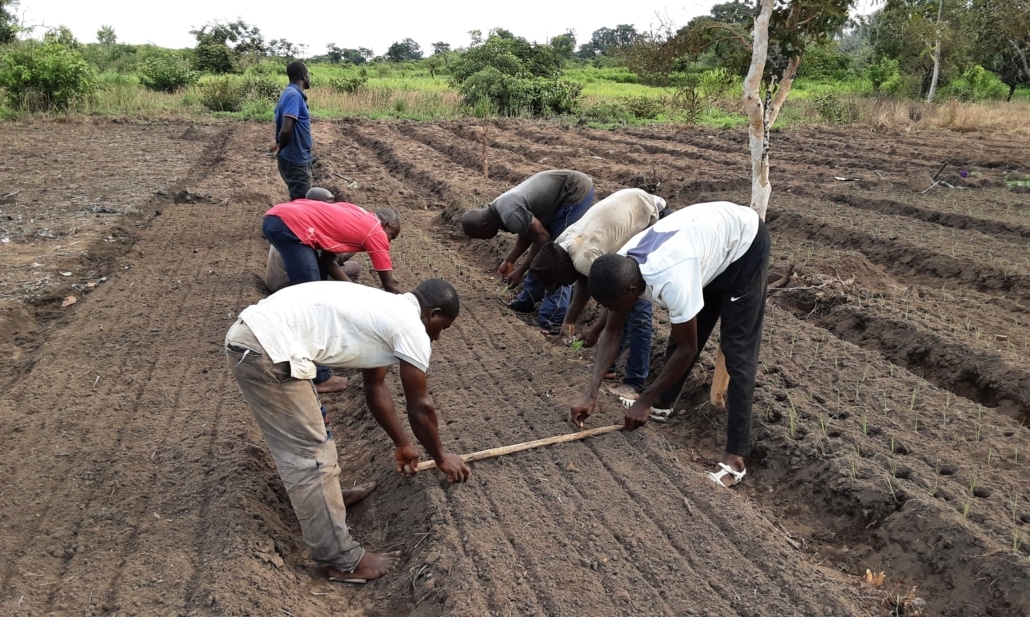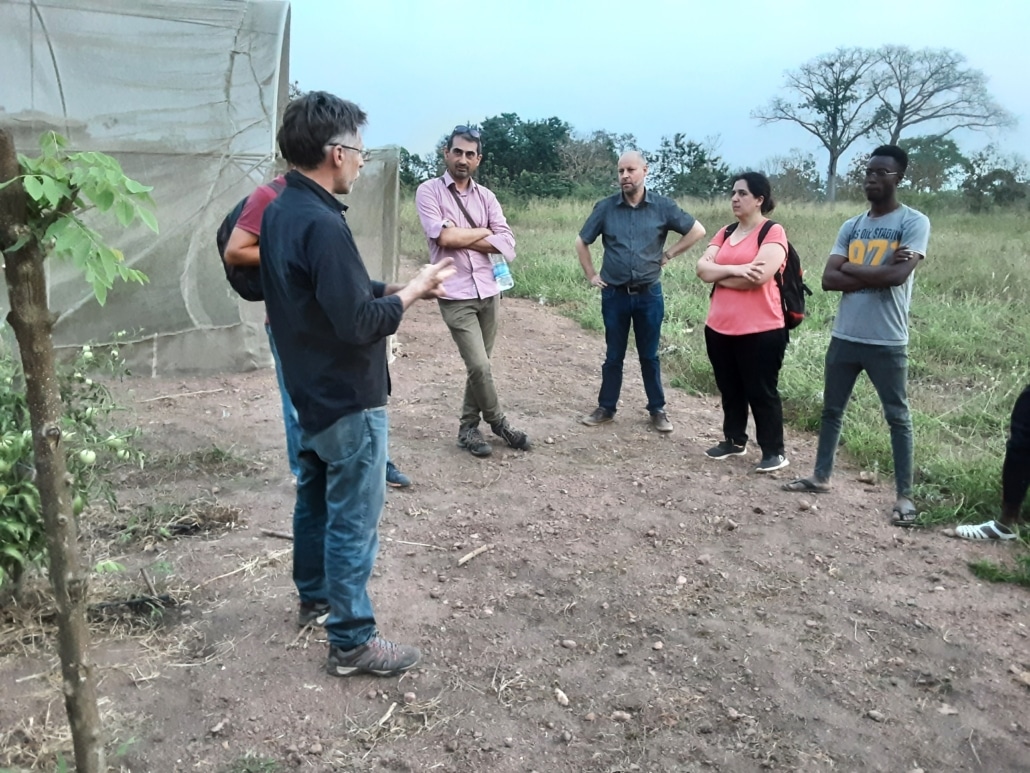Since January 2021, Fert has been cooperating with the consulting firm Ambre Conseil for the development of agricultural advisory services in Côte d’Ivoire.
In this sub-Saharan African state, farm economics advisory services is often associated with accounting and financial management while farm advisory services is seen as purely technical advisory.
In front of this observation and sharing a common vision of agricultural development, Ambre Conseil and Fert wished to work together. The objective of their collaboration is in particular to promote technical and economic advisory where agricultural technical advices and financial management are closely linked.

Ambre Conseil is a consulting firm specializing in the management, advice and management of agricultural economic organizations. Linked to the Cerfrance network, Ambre Conseil shares internationally the know-how and experience accumulated for nearly 65 years within the CERFRANCE network. In Côte d’Ivoire, the consulting firm has, in conjunction with FIRCA, facilitated the establishment of Centers for Management and Rural Economy (CGER) in Bouaké, Korhogo and Daloa.
The CGERs, managed by farmers and sector representatives, bring together advisers to family farms and advisers to professional agricultural organizations. Advice to family farms can be done individually or collectively. Each level of advice implements a global and systemic approach to the farm or the PO.
The similarity of approaches motivated the collaboration between Ambre Conseil and Fert in favor of a program co-financed by l’Agence Française de Développement (AFD): the Sepop program (services and advocacy of POs) implemented by the international alliance AgriCord and the French agri-agencies Fert and Afdi.
The aim is to create synergies between actions. Two joint field missions have already been carried out and have identified several areas for joint action.
Exchanges between CGER advisers trained by Ambre and FERT advisers in Côte d’Ivoire are envisaged in order to enhance their respective experiences and skills and thus optimize the effectiveness and relevance of their joint actions.
The advisers trained and recruited by Fert will be able to bring their experience in the analysis of technico-economic data and to immerse themselves in the approach of the management advisers. Through their participation in the activities implemented by the Fert team (including school fields and demonstration plots), management advisers will also be able to acquire new expertise in group animation.
Beyond the mutual enrichment of knowledge and experience, this collaboration will allow the creation of a network of actors involved in the rural environment (input suppliers, banks, technicians, etc.). This network could be put in direct contact with producers. The pooling of skills, tools and methods is a central pillar for harmonising the agricultural advisory services and improving its effectiveness.
Finally, a collaboration with the Centre de Formation Agricole et Rurale (CFAR) of Niofoin set up by Fert is also envisaged. To ensure their sustainability, CGER must be able to recruit new member farmers, in particular dynamic and trained young farmers. Young graduates will be able to benefit from support to facilitate their installation.
The collaboration between Fert and Ambre Conseil promotes complementary approaches and creates a coherent discourse with partners and public authorities. It contributes to the recognition of the importance of advice to the family farm and more broadly of the agricultural advisoru services, so that the latter becomes an important element of public agricultural policies in the medium-long term.




